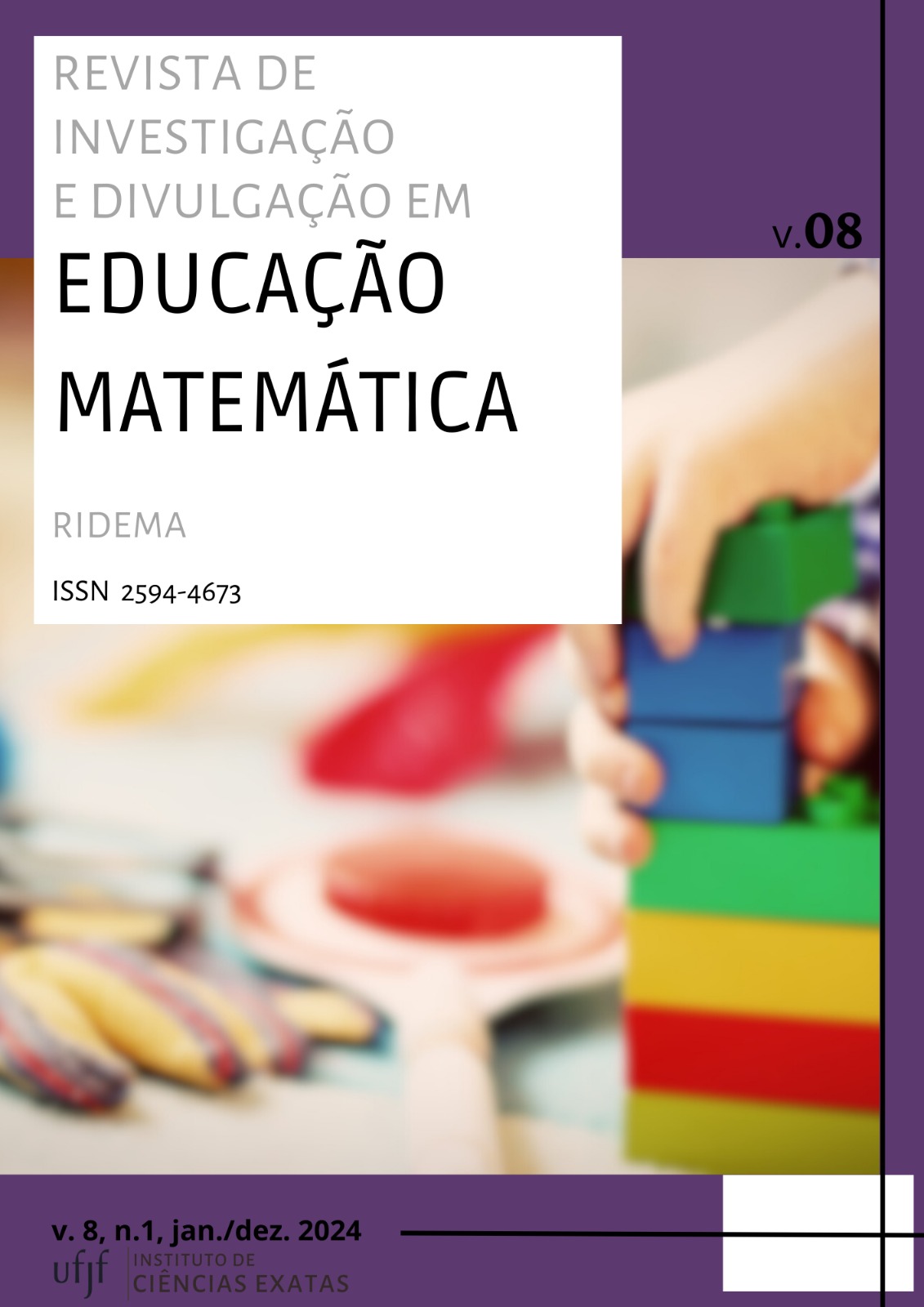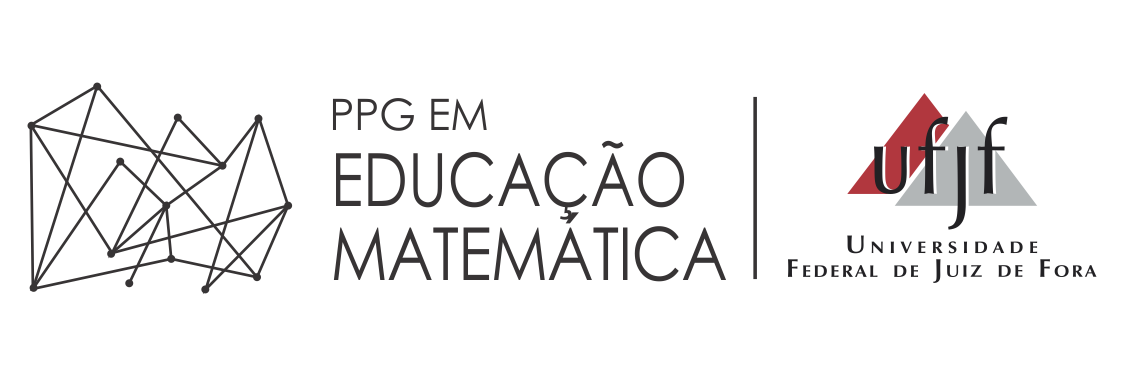Contributions of Self-Analysis of Errors as a methodological tool for identifying and preventing obstacles in Differential and Integral Calculus IV
Keywords:
Self-analysis of errors, Differential and Integral Calculus, Registers of Representation, Errors, MethodologyAbstract
The main goal of this study is to examine the errors that occur during the understanding of the mathematical objects present in the syllabus of the curricular component Differential and Integral Calculus IV, using as a foundation the Theory of Semiotic Representation Registers and the Anthropology Theory of Didactics, in higher education courses in Civil Engineering offered by the Eunápolis campus of the Federal Institute of Bahia. To this end, as a methodological approach, analyses of assessments and self-analyses were carried out regarding two classes from the second semesters of 2022 and 2023, seeking to investigate which factors were protagonists in the emergence of the identified errors. It should be noted that errors associated with the registers of algebraic representations stand out in both classes, referring to a gap in knowledge linked to this specific representation, arising from gaps related to Basic Education. When studying self-analysis, one can see the influence that methodological practices can have on the student's learning process, contributing to overcoming errors or helping to prevent them. On the other hand, by disagreeing about their mistakes, students are able to resolve the common sense resistance they previously had, identify their gaps in knowledge, and seek improvements in the field necessary for future success. Furthermore, students begin to use self-analysis as a mean to express their anxieties and feelings, providing teachers with direct access to the sociocultural and psychological context of their students.
Downloads
Metrics
References
ALMOULOUD, Saddo Ag, Fundamentos da Didática da Matemática, Curitiba: Editora UFPR, 2010 2.
ALMEIDA, Lucas; BRITO, Celso. Autoanálise de Erros: Sugestão Metodológica para o ensino de Cálculo Diferencial e Integral. In: CASTRO, Paula Almeida de et al. Escola em tempos de conexões vol. 1. Campina Grande: Realize editora, 2022. p 1844–1859.
CHEVALLARD, Y. A teoria antropológica do didático face ao professor de matemática. Livro: A teoria antropológica do didático: princípios e fundamentos. Org. Almouloud, S. A; Farias, L. M. S; Henriques, A. Ed. CRV, Curitiba, Brasil, 2018;
D'AMORE, Bruno. Elementos de didática da matemática. Editora Livraria da Física, 2007.
HENRIQUES, A; Almouloud, S. Ag. Teoria dos Registros de Representação Semiótica em Pesquisas na Educação Matemática no Ensino Superior: Uma análise de superfícies e funções de duas variáveis com intervenção do software Maple. Revista Ciência &Educação da UNES, Bauru (SP), 2016.
HENRIQUES, Afonso. Saberes Universitários e as suas relações na Educação Básica. 1. ed. Ilhéus, BA; Via Litterarum Editora, 2019.
NUNES, Tamires Rigoti; BRITO, Celso Eduardo. Erros e Obstáculos no processo de aprendizagem de Derivadas: Uma análise na perspectiva docente/discente. In: Educação Matemática em Revista, Brasília, v. 22, n. 56, p. 277-288, out./dez. 2017.
QUEIROZ, Melina Serena Cruz. Contribuições da autoanálise de erros e obstáculos nos processos do ensino e da aprendizagem de limites no curso de Engenharia Civil do IFBA/Eunápolis.62 p. Trabalho de Conclusão de Curso (Licenciatura em Matemática) -Instituto Federal da Bahia, 2022.



























